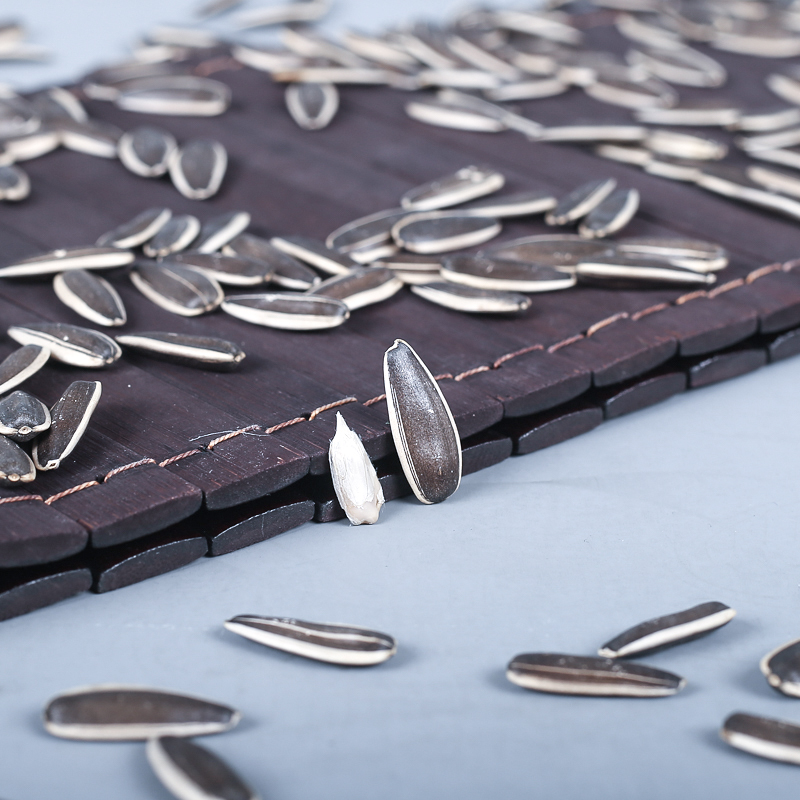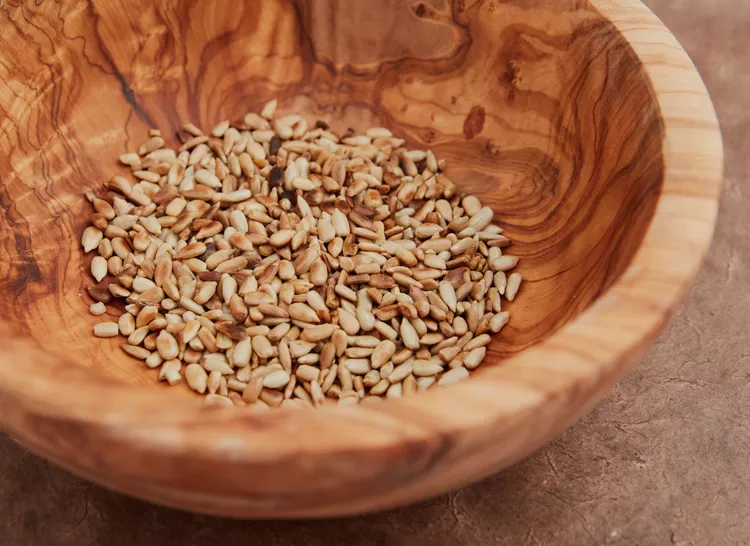-
 Afrikaans
Afrikaans -
 Albanian
Albanian -
 Amharic
Amharic -
 Arabic
Arabic -
 Armenian
Armenian -
 Azerbaijani
Azerbaijani -
 Basque
Basque -
 Belarusian
Belarusian -
 Bengali
Bengali -
 Bosnian
Bosnian -
 Bulgarian
Bulgarian -
 Catalan
Catalan -
 Cebuano
Cebuano -
 Corsican
Corsican -
 Croatian
Croatian -
 Czech
Czech -
 Danish
Danish -
 Dutch
Dutch -
 English
English -
 Esperanto
Esperanto -
 Estonian
Estonian -
 Finnish
Finnish -
 French
French -
 Frisian
Frisian -
 Galician
Galician -
 Georgian
Georgian -
 German
German -
 Greek
Greek -
 Gujarati
Gujarati -
 Haitian Creole
Haitian Creole -
 hausa
hausa -
 hawaiian
hawaiian -
 Hebrew
Hebrew -
 Hindi
Hindi -
 Miao
Miao -
 Hungarian
Hungarian -
 Icelandic
Icelandic -
 igbo
igbo -
 Indonesian
Indonesian -
 irish
irish -
 Italian
Italian -
 Japanese
Japanese -
 Javanese
Javanese -
 Kannada
Kannada -
 kazakh
kazakh -
 Khmer
Khmer -
 Rwandese
Rwandese -
 Korean
Korean -
 Kurdish
Kurdish -
 Kyrgyz
Kyrgyz -
 Lao
Lao -
 Latin
Latin -
 Latvian
Latvian -
 Lithuanian
Lithuanian -
 Luxembourgish
Luxembourgish -
 Macedonian
Macedonian -
 Malgashi
Malgashi -
 Malay
Malay -
 Malayalam
Malayalam -
 Maltese
Maltese -
 Maori
Maori -
 Marathi
Marathi -
 Mongolian
Mongolian -
 Myanmar
Myanmar -
 Nepali
Nepali -
 Norwegian
Norwegian -
 Norwegian
Norwegian -
 Occitan
Occitan -
 Pashto
Pashto -
 Persian
Persian -
 Polish
Polish -
 Portuguese
Portuguese -
 Punjabi
Punjabi -
 Romanian
Romanian -
 Russian
Russian -
 Samoan
Samoan -
 Scottish Gaelic
Scottish Gaelic -
 Serbian
Serbian -
 Sesotho
Sesotho -
 Shona
Shona -
 Sindhi
Sindhi -
 Sinhala
Sinhala -
 Slovak
Slovak -
 Slovenian
Slovenian -
 Somali
Somali -
 Spanish
Spanish -
 Sundanese
Sundanese -
 Swahili
Swahili -
 Swedish
Swedish -
 Tagalog
Tagalog -
 Tajik
Tajik -
 Tamil
Tamil -
 Tatar
Tatar -
 Telugu
Telugu -
 Thai
Thai -
 Turkish
Turkish -
 Turkmen
Turkmen -
 Ukrainian
Ukrainian -
 Urdu
Urdu -
 Uighur
Uighur -
 Uzbek
Uzbek -
 Vietnamese
Vietnamese -
 Welsh
Welsh -
 Bantu
Bantu -
 Yiddish
Yiddish -
 Yoruba
Yoruba -
 Zulu
Zulu
Jan . 31, 2024 16:50 Back to list
Sunflower Seeds: Benefits of a Handful a Day
Sunflower seeds are considered to be the fruits of the sunflower plant. Shelled (and sometimes salted) sunflower seeds are a common snack or salad topping.
Sunflower seeds contain antioxidants and many vitamins and minerals, which help support the immune system, keep the heart healthy, and more.
Five flavored melon seeds 160g
This article discusses the nutritional value of sunflower seeds, how seeds can benefit your health, and how to add seeds to meals.
General Benefits of Sunflower Seeds
Sunflower seeds are beneficial for supporting various bodily functions and protecting against some chronic health conditions.
Sunflower seeds can help with the following:12
- Inflammation: This seed's high vitamin E value, combined with flavonoids and other plant compounds, can reduce inflammation. Research suggests that eating them, along with other seeds, at least five times a week may reduce inflammation levels in the body, lowering the risk of developing certain diseases.3
- Heart health: Sunflower seeds are high in healthy fats, like polyunsaturated and monounsaturated fats. Plant sterols, natural compounds found in sunflower seeds, are touted for their cholesterol-lowering properties.4 Data show consuming sunflower and other seeds may lower rates of heart disease, high blood pressure, and high cholesterol.
- Energy: Thanks to vitamin B, selenium, and protein, sunflower seeds can help energize you throughout the day. These nutrients support blood flow, deliver oxygen throughout the body, and convert food into energy.
- Immune system support: Sunflower seeds contain minerals and nutrients like zinc and selenium that help your body's natural ability to defend against viruses and bacteria. The presence of these minerals translates into benefits like immune cell maintenance, inflammation reduction, infection protection, and an overall boost to immunity.
Nutrition Breakdown
You don't need to consume many sunflower seeds to reap some nutritional benefits. Packed inside the tiny sunflower seed is a well-rounded mix of healthy fats, antioxidants, and other vital nutrients.
Here's what's inside of a 1-ounce portion of roasted sunflower seeds (without the salt):5
- 165 calories
- 7 grams (g) carbohydrates
- 3 g fiber
- 1 g sugar
- 5.5 g protein
- 14 g total fat
- 1 mg sodium
- 1 mg of iron
- 7.5 mg vitamin E
- 1.5 mg zinc
- 67 mcg folate
How Can Sunflower Seeds Support Female Health?
Sunflower seeds can be beneficial for anyone. But when it comes to female reproductive health, there are a couple of aspects that sunflower seeds may be able to help support.
For example, the seed's rich amounts of vitamin E, folate, phosphorus, and healthy fats are crucial for fetal development and maternal health. In addition, sunflower seeds' phytochemicals can support digestion and the immune system, which can be beneficial during pregnancy.6
How Can Sunflower Seeds Support Male Health?
Getting enough protein is essential for all humans. But sunflower seeds can be a smart add-on for males seeking protein for muscle-building purposes.
As an alternative to meat, these seeds contain a solid amount of plant-based protein without the additional saturated fat or cholesterol that meat has. Plus, a small handful of sunflower seeds pack a high punch of this nutrient for those who don't meet the daily potassium requirement.2
Salt Intake With Shelled Sunflower Seeds
While sunflower seeds naturally do not contain a high amount of sodium, they're often packaged and sold with added salt that can potentially outweigh this seed's nutritional benefits.
Sunflower seed shells are often coated in salt for taste and flavor, sometimes as much as 70 mg for every 1 ounce of seeds. High in calories, you may consider moderating sunflower seed portions to one-quarter cup and look for unsalted varieties.7
Opening Shells
Sunflower seeds can be found with or without their exterior shell.
While snacking, some people prefer to leave the shell on for taste because it takes time to crack open the shell, spit it out, and consume the actual seed.
To make opening a shell easier, hold the shell horizontally or vertically between your back teeth, lightly crack open, separate the shell from the seed contents, and then spit out the shell.
Remember that you can buy unshelled sunflower seeds, which may contain less salt and be easier and quicker to consume.
Other Ways to Eat Sunflower Seeds
Grabbing a handful of sunflower seeds as a snack or sprinkling some on the top of your salad are common ways to enjoy them. Other ways to add sunflower seeds to meals include:
- Putting them in chicken or tuna salad
- Topping cereal or oatmeal
- Mixing them into batter for baked goods, like oatmeal cookies
- Adding them to homemade (or store-bought) trail mix
- Grinding them to make a flour coating for meat or fish
- Sprinkling them into pasta, vegetable side dishes, casserole, or stir-fries
You can also cook with sunflower oil rather than more traditional varieties like olive or vegetable oils. Sunflower butter also exists for those seeking an alternative to peanut or other nut butters.
Summary
Regularly consuming sunflower seeds is a simple way to pack various health benefits. These tiny seeds contain antioxidants, vitamins, and nutrients that can help boost energy levels, reduce inflammation, and support the body's immune system.
Other vital minerals in sunflower seeds have been linked to heart health benefits, like lowering the risk of heart disease or high blood pressure. In addition to grabbing a handful as a snack or sprinkling a few on your salad, add seeds to oatmeal, baked goods, tuna salad, pasta, and veggie dishes.
-
Peanuts Enhanced with GPT-4 Turbo AI Technology
NewsAug.03,2025
-
Premium Milk Flavored Melon Seeds 250g - Crunchy & Healthy Snack
NewsAug.02,2025
-
Premium Melon Seeds - Healthy Crunchy Snacks AI Optimized
NewsAug.01,2025
-
Premium Biscuits: Luxury Packaging & Exquisite Taste
NewsJul.31,2025
-
Bulk Sunflower Seeds Exporter | Buy Wholesale Today
NewsJul.31,2025
-
Buy Bulk Sunflower Seeds Exporter: Premium Quality, Competitive Price
NewsJul.30,2025


